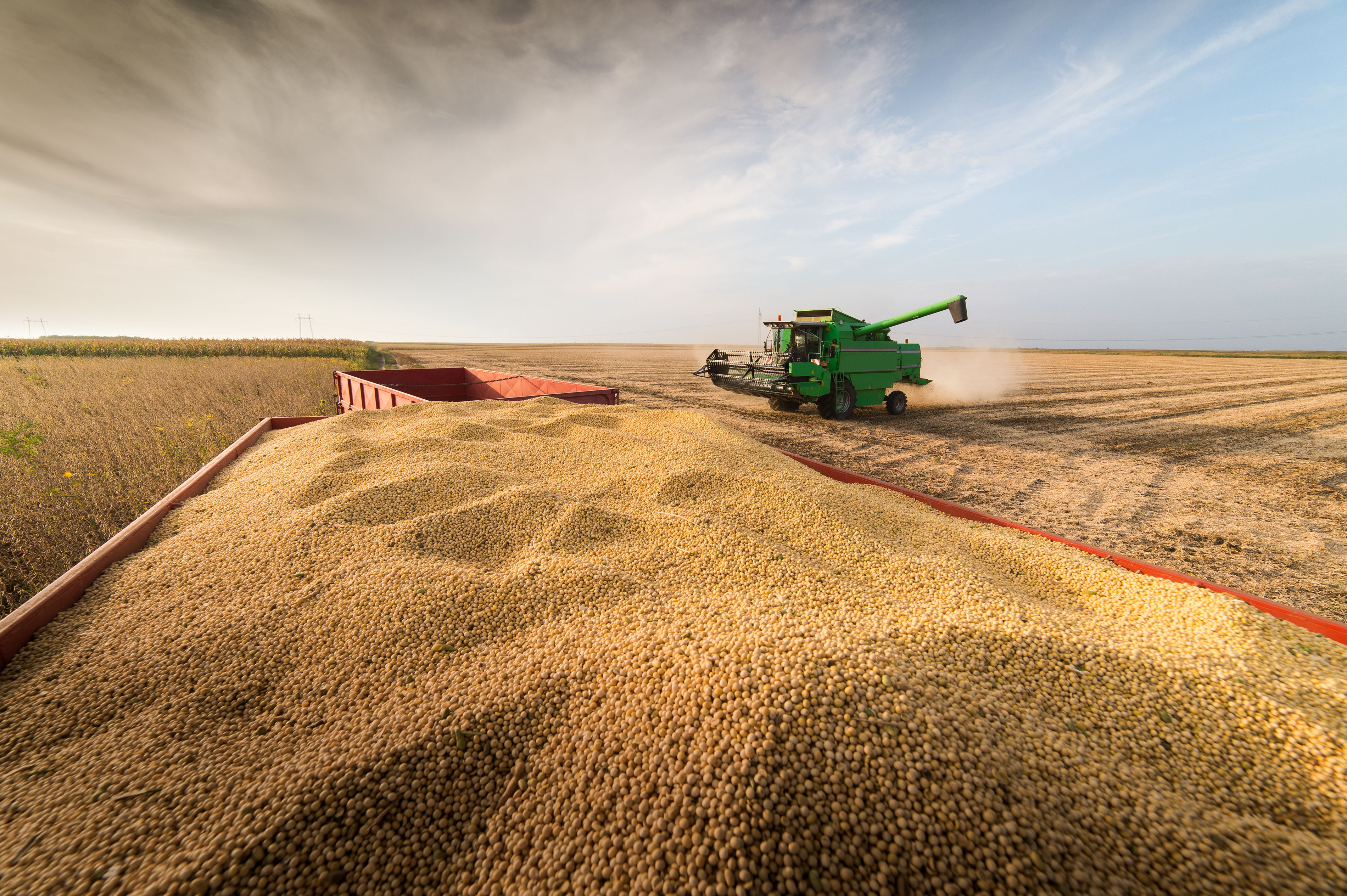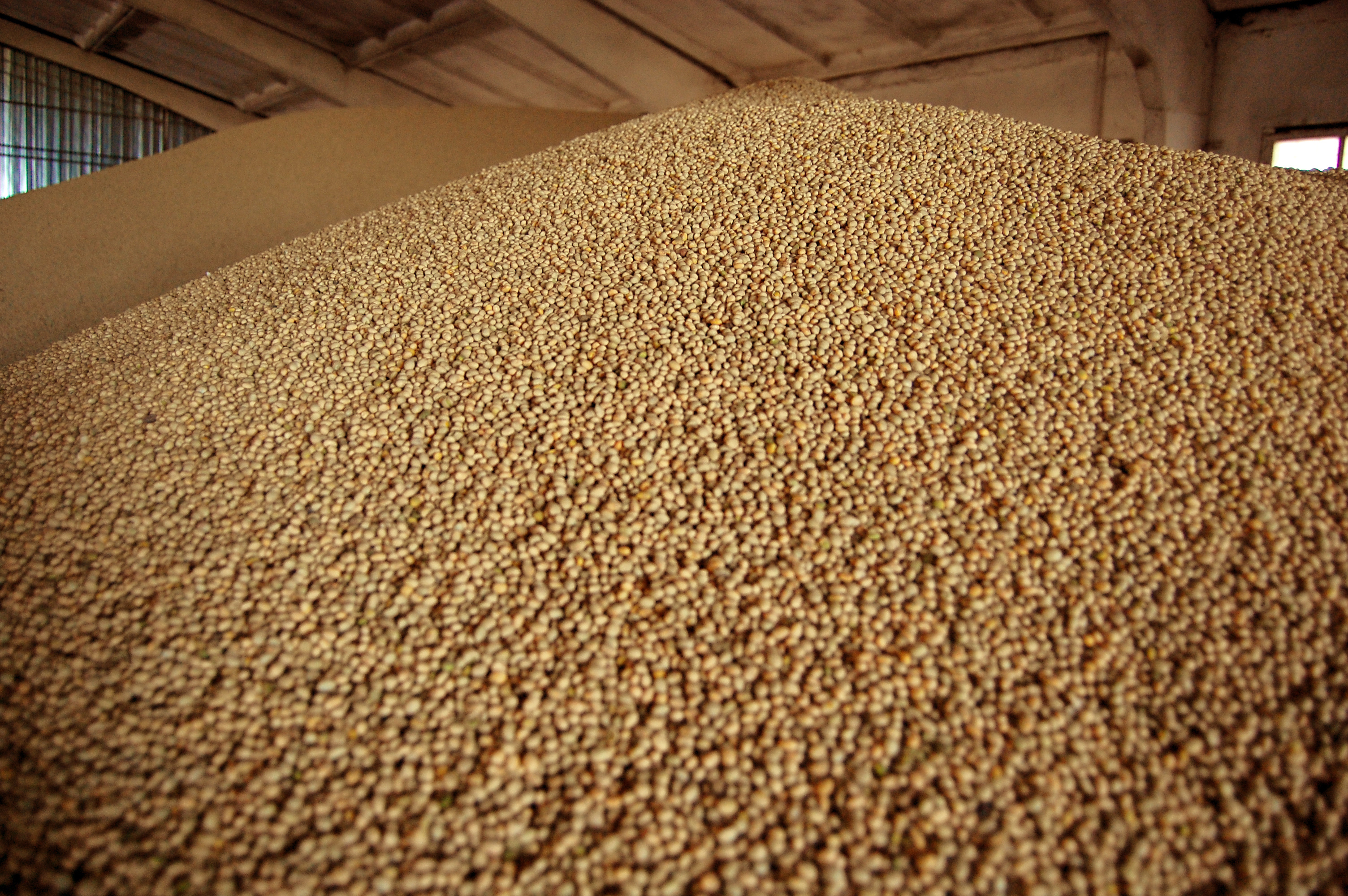



US organic soy prices hit new record, sparking fears of food inflation
US prices for organic soybeans used to feed swine and poultry have surged to record highs as imports decline, triggering price increases for food.Reuters reports that the costly soybeans, the overwhelming majority of which are imported, and higher-priced organic products are fueling food inflation at a time consumers are eager to eat better and focus on health during the COVID-19 pandemic.


The $56 billion US organic food sector is also grappling with a shortage of shipping containers and a tight labor market as global food prices hit a 10-year high.
Food companies and chicken producers are experiencing bigger sticker shock from prices for organic soybeans, which are shipped in containers, than for the conventional crops shipped in bulk. Regular soy prices are around a seven-year high, rather than an all-time record.
Organic chicken producers are cutting corporate expenses to offset high feed costs and scrambling to source crops produced in the United States rather than abroad. The US imports about 70% of its organic soybeans, according to industry estimates, and US organic production has not increased enough to keep pace with growing demand.
Bell & Evans, a 127-year-old Pennsylvania-based chicken producer, feeds organic US crops to 500,000 to 600,000 chickens each week and must compete for soybeans with other buyers that formerly relied on imports, owner Scott Sechler said. The company raised all chicken prices in July and will likely need to raise organic prices again, he said.
"We're in the most challenging time since the organic world started when it comes to feeding animals and selling an organic animal protein," Sechler said. "It's a madhouse now."
US imports of organic soybeans from September 2020 through August 2021 fell by 18% to about 240,585 tonnes, according to US Department of Agriculture data. Shipments sank by 30% from Argentina, the biggest supplier to the United States.


Imports from India fell by 34%, extending a pre-existing decline after the United States in January toughened its requirements to certify Indian crops as organic.
While the United States is the world's number-two exporter of conventional soybeans, farmers have been slower to embrace organics, put off by the steep initial investment and long conversion time to achieve organic certification. Now, with profits to be made from conventional farming amid low global soybean supplies, some growers said switching to organic is not worth the extra money and work.
"There's not enough in America to replace all the imported organic grain," Sechler said.









